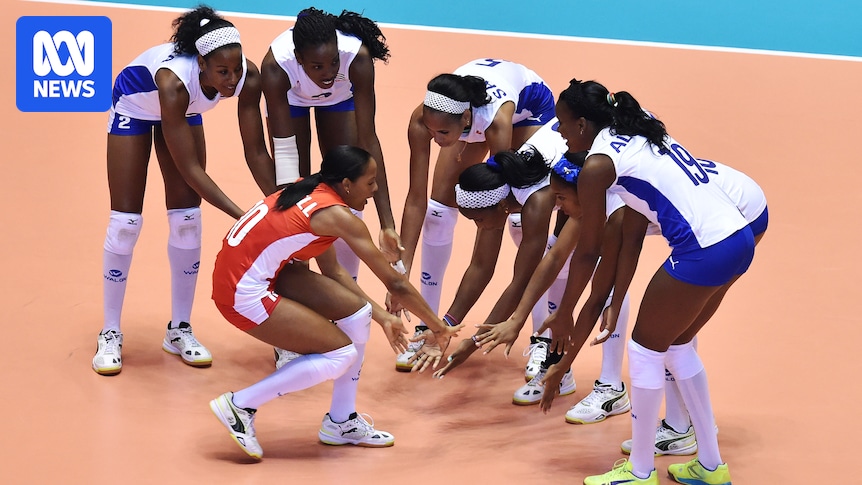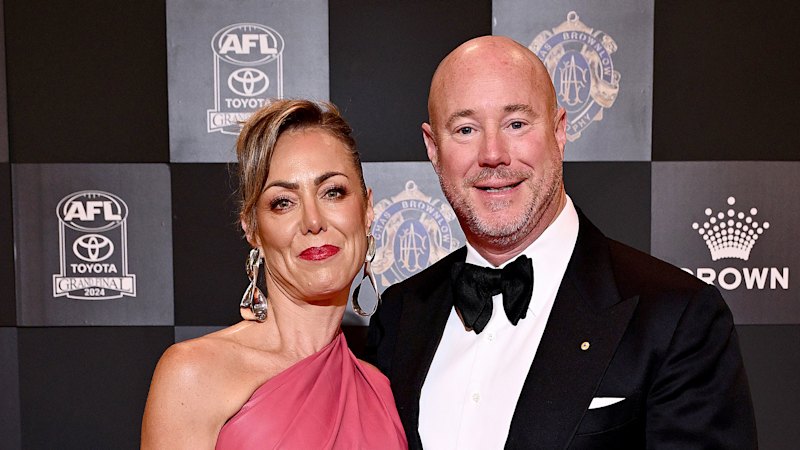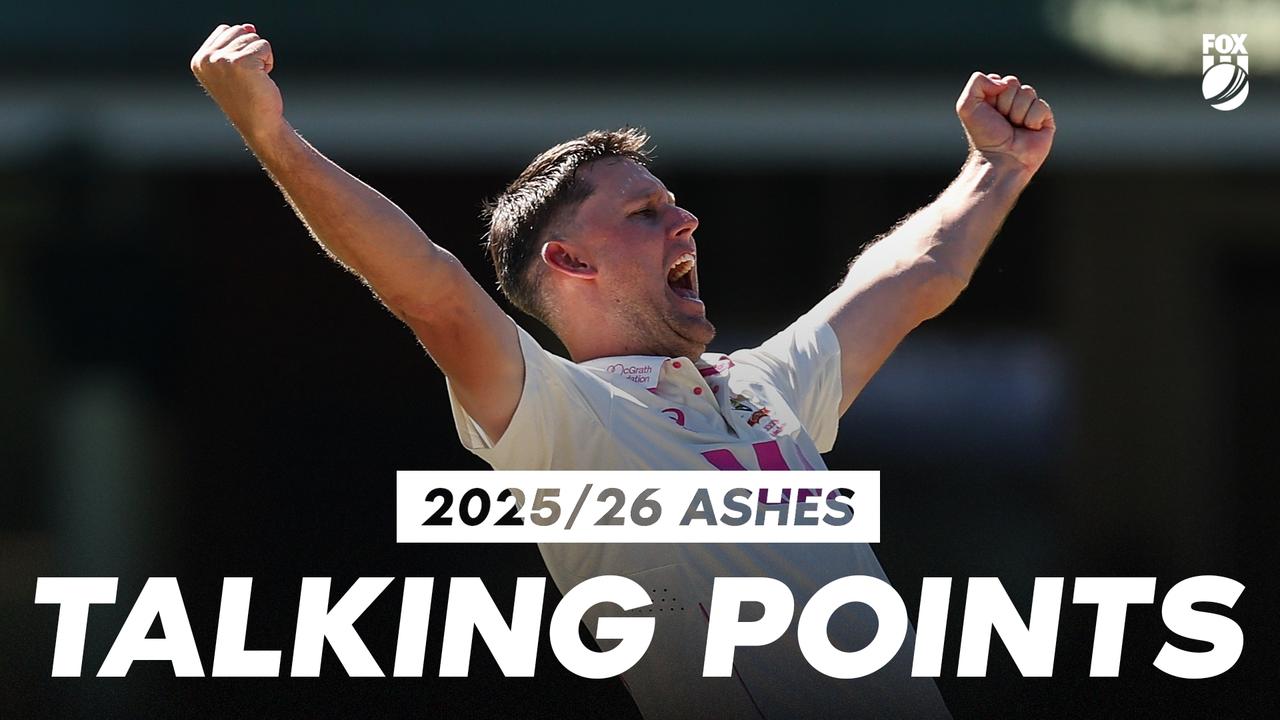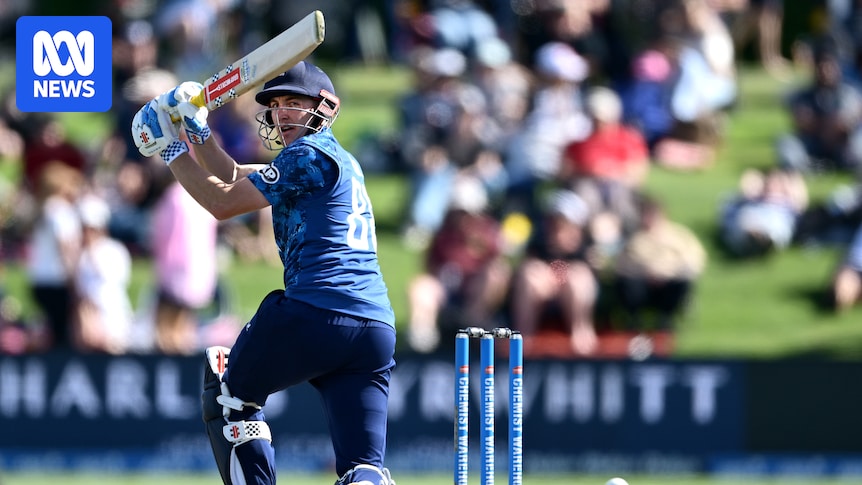
The Cuban women’s national volleyball team has been blocked from participating in a crucial tournament in Puerto Rico due to new visa restrictions implemented by US President Donald Trump. The move has sparked disappointment and frustration among the athletes, who were gearing up for the North, Central America and Caribbean Volleyball Confederation (NORCECA) Women’s Final Four tournament.
The Cuban Volleyball Federation confirmed that the team, which includes 12 athletes, a referee, and several coaches, had their visa applications denied, effectively barring their participation in the event scheduled for later this month. This tournament is pivotal as it awards ranking points crucial for qualification to the Volleyball Nations League.
“The disappointment is huge because I train every day,” said Laura Suarez, a national team player. “Every hour of training is leading up to this, and I dedicate myself to it. It’s really disappointing not to be able to participate in the competition, which is what I’ve been preparing myself for.”
Impact on Team and Future Competitions
Cuba’s exclusion from the tournament not only affects the team’s immediate plans but also has significant implications for their future in international volleyball. The tournament, which features teams from Puerto Rico, Mexico, and Costa Rica, is essential for accruing points that determine rankings and qualifications for larger competitions.
“We were focused on the competition because it’s right there,” player Dayana Martínez expressed. “Arriving at the embassy and being denied the visa affects us a lot because that competition gives us points to improve our ranking.”
Wilfredo Robinson, the Cuban team’s coach, emphasized the long-term impact, stating, “The competition grants points for each match and at the end it all adds up. In September, we have another tournament and if we get there needing to achieve 80 or 100 points, we are not going to be able to do it.”
Broader Implications of US Visa Restrictions
The United States recently added Cuba to a list of 12 countries facing stringent entry restrictions, effective from early June. This list also includes nations such as Afghanistan, the Republic of Congo, Iran, and Venezuela. These measures are part of a broader policy aimed at securing US borders and protecting its citizens.
Cuban Foreign Minister Bruno Rodriguez criticized the restrictions, labeling them as part of a “racist and xenophobic list of visa restrictions.” The US embassy in Cuba, while unable to comment on specific cases due to privacy policies, reiterated its commitment to implementing these directives.
“Denial of visas is part of a racist and xenophobic list of visa restrictions,” Cuban Foreign Minister Bruno Rodriguez wrote on X.
Historical Context and Future Prospects
The Cuban women’s volleyball team has a storied history, having won back-to-back world championships in 1994 and 1998, and securing three consecutive Olympic gold medals in Barcelona 1992, Atlanta 1996, and Sydney 2000. The current visa restrictions threaten not only their participation in upcoming tournaments but also their preparation for future events like the 2028 Olympics in Los Angeles and next year’s FIFA World Cup.
The impact of these restrictions extends beyond the volleyball court, potentially affecting many Cuban athletes who rely on international competitions, including those held on American soil, to qualify for major championships. The Cuban sports community now faces the challenge of navigating these geopolitical hurdles while maintaining their competitive edge on the global stage.
As the situation develops, the Cuban Volleyball Federation and its athletes remain hopeful for a resolution that allows them to compete at the highest levels. The international sports community watches closely, as these developments could set precedents for how political policies intersect with global sporting events.





